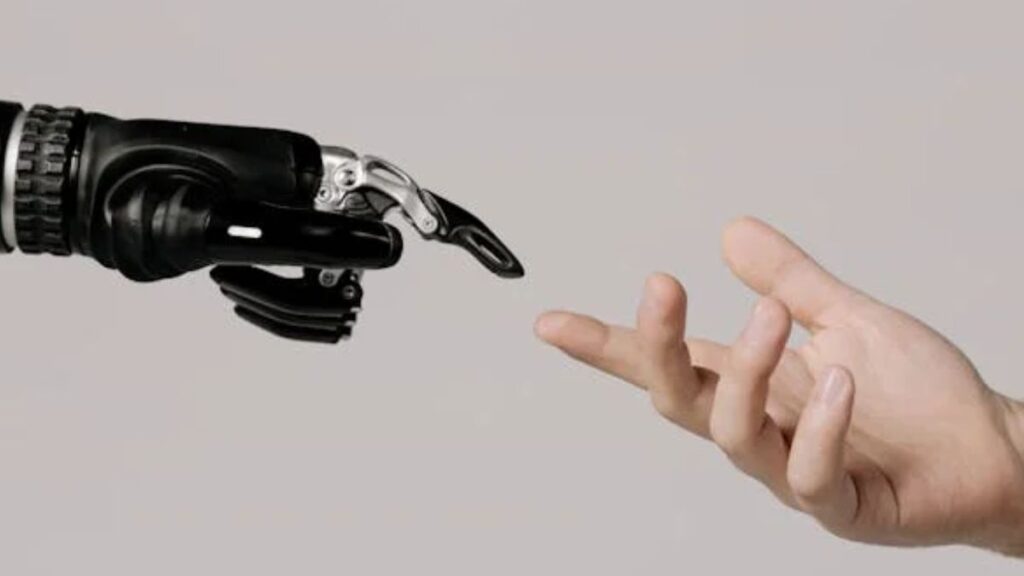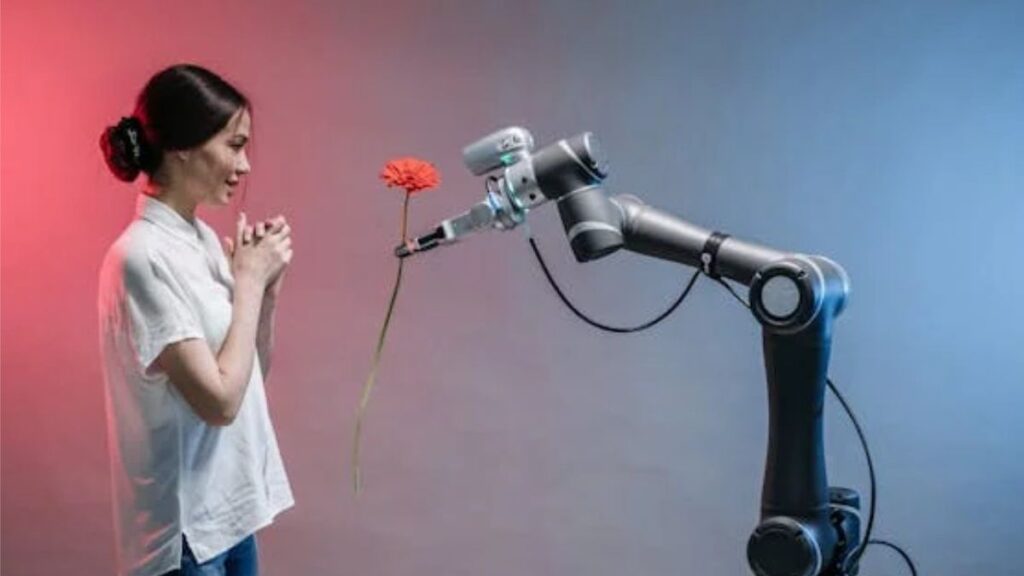Artificial Intelligence (AI) is no longer a futuristic concept confined to science fiction. It is rapidly transforming industries, reshaping how we live, work, and interact with technology. From self-driving cars to advanced medical diagnostics, AI has cemented its role as a key driver of innovation. But as AI continues to evolve, what does the future hold for this groundbreaking technology? Let’s explore the possibilities, challenges, and profound impact of AI on our lives.
The Evolution of AI
AI has come a long way since its inception. From simple rule-based systems to highly complex neural networks, its evolution has been both fast-paced and awe-inspiring. Over the years, AI has moved beyond solving specific problems to enabling machines to learn and think like humans.
With the rise of machine learning and deep learning, AI systems now analyze massive amounts of data, recognize patterns, and make predictions with remarkable accuracy. These advancements have laid the foundation for the AI applications we rely on today, from virtual assistants like Siri and Alexa to recommendation engines on streaming platforms.
AI in Everyday Life

AI has seamlessly integrated into our daily routines. It powers smart home devices, helps curate personalized shopping experiences, and even enables fraud detection in banking systems. AI’s ability to automate tasks and enhance efficiency has made it indispensable across multiple sectors.
For instance, healthcare has seen significant improvements with AI-driven diagnostic tools that detect diseases at early stages. In education, AI-powered platforms personalize learning experiences to suit individual student needs. Meanwhile, industries like transportation and logistics are embracing autonomous vehicles and route optimization, cutting costs and boosting productivity.
The Role of AI in Shaping the Future
The future of AI is filled with immense potential, promising breakthroughs that could redefine humanity’s trajectory. Below are some key areas where AI is expected to make a substantial impact:
1. Healthcare Innovation
AI is set to revolutionize healthcare by enabling precision medicine, enhancing robotic surgeries, and improving mental health support. Imagine AI systems that can predict diseases based on genetic information, saving countless lives through early intervention.
2. Education Transformation
AI will transform education by providing adaptive learning tools, enabling students to learn at their own pace. Teachers can leverage AI to identify struggling students and create tailored curriculums that foster growth.
3. Sustainability and Climate Solutions
AI can play a crucial role in addressing environmental challenges. By analyzing climate data, it can provide insights into resource management, energy efficiency, and even help predict natural disasters. AI-powered technologies like smart grids will make renewable energy more accessible.
4. The Rise of Smart Cities
AI will power smart city infrastructure, optimizing urban planning, traffic management, and waste disposal. Cities will become more livable and sustainable, reducing carbon footprints and improving quality of life for their residents.
5. Enhanced Creativity
From creating digital artwork to composing music, AI is opening new doors for creativity. As tools like generative AI continue to develop, they will become collaborators, empowering artists, writers, and musicians to push boundaries.
Challenges of AI Adoption

While the future of AI is promising, it comes with challenges that cannot be ignored.
1. Ethical Dilemmas
The rise of AI raises ethical concerns, such as data privacy, bias in decision-making, and surveillance misuse. Ensuring that AI operates fairly and responsibly is critical to its widespread adoption.
2. Job Displacement
AI’s ability to automate tasks has sparked fears about job displacement in various industries. While it creates new opportunities, workers must reskill to adapt to AI-driven workflows.
3. Security Risks
As AI becomes more sophisticated, so do cybersecurity threats. Protecting AI systems from malicious attacks will be a priority as these technologies become integral to society.
4. Regulation and Oversight
Governments and organizations need to establish guidelines for ethical AI use. Without proper regulation, there is a risk of misuse, widening inequalities, and harm to vulnerable populations.
FAQs About The Future of AI
1. What is AI, and why is it important?
AI refers to the simulation of human intelligence in machines, enabling them to learn, reason, and make decisions. It’s important because it enhances productivity, automates repetitive tasks, and drives innovation across industries.
2. How will AI impact jobs in the future?
AI will automate many routine tasks, potentially displacing certain jobs. However, it will also create new opportunities in fields like AI development, data analysis, and machine learning, requiring workers to upskill and adapt.
3. Can AI help combat climate change?
Yes, AI can analyze climate data, optimize energy consumption, and develop sustainable solutions. Technologies like smart grids and AI-powered climate models are already making a positive impact.
4. What are the ethical concerns surrounding AI?
Key ethical concerns include data privacy, biased decision-making, surveillance misuse, and the potential for AI to replace human oversight in critical areas.
5. How will AI transform healthcare?
AI will enable early disease detection, personalized treatments, and advanced robotic surgeries. It will also assist in drug discovery and improve access to mental health resources.
6. Is AI a threat to humanity?
While AI has immense potential, unchecked development or misuse could pose risks. By implementing ethical guidelines and regulatory measures, AI can be harnessed for good.
Final Thoughts
The future of AI holds unlimited potential to revolutionize the way we live and work. From transforming healthcare to addressing climate change, artificial intelligence is poised to become a cornerstone of progress. While challenges like ethical dilemmas and job displacement persist, the benefits of AI far outweigh its risks. By prioritizing responsible development and collaboration between humans and machines, we can ensure that AI continues to be a force for good in shaping a better tomorrow.
For More Visit Exclusive Today







